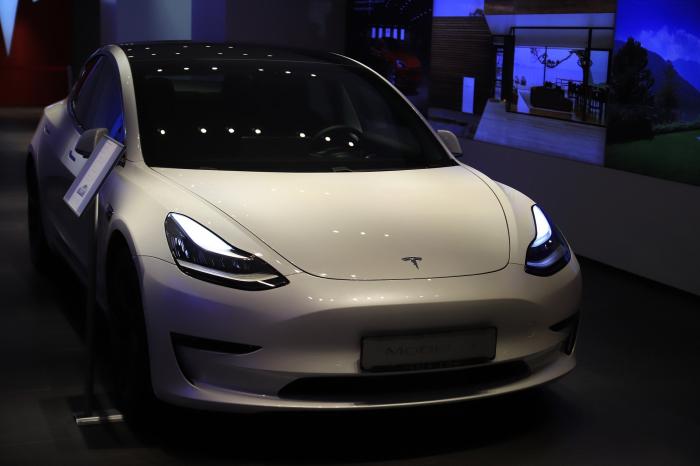A new report suggests that Tesla is set to receive public funding of up to €1bn to help it to set up a new EV battery manufacturing hub in Berlin.
A new report suggests that Tesla is set to receive public funding of up to €1bn to help it to set up a new EV battery manufacturing hub in Berlin. This funding forms a part of a newly agreed European Union initiative called the European Battery Innovation project. The project spans more than 40 countries and has funding of €2.9bn to help support cell production and reduce the reliance on imports from China.
This subsidy for Tesla has been confirmed by the German government, with the €1bn figure being primarily provided by the federal government, but also by the state of Brandenburg, where the proposed factory will be built.
At this time, whilst it has been confirmed that Tesla will receive this funding, it has not yet been officially confirmed by the German economy ministry just how much this funding will actually be.
Whilst reports of this funding have sparked some controversy in some industry circles, especially when considering Tesla’s incredibly high stock market valuation and that CEO Elon Musk has recently been named as the world’s richest man. However, it has been stated that this new initiative from the EU will also provide funding to domestic firms such as BMW, although it is not yet clear how much funding they are likely to receive.
What Does This Mean For Electric Vehicles?
Should this initiative and funding go ahead as planned this could potentially provide a huge boost for electric vehicles. Not only would this help to further research and development of electric vehicle batteries, it would also mean that reliance on China for EV batteries would be reduced as they could be manufactured in volume at this new factory in Germany.
This is especially important as we move closer to the 2030 ban on petrol and diesel cars, which will mean the demand for electric vehicles will only increase further than it is already.
What Can We Expect From Tesla’s New Battery Factory?
At the recent European Battery Conference Elon Musk stated that the planned factory will eventually be the largest in the world. There were reports towards the end of last year that suggested that construction of the factory was being met with significant resistance from locals and environmental campaigners, but this recent funding from the German government suggests that things are continuing to move forwards as planned.
In addition to manufacturing EV batteries the new factory, which has been dubbed the ‘Gigafactory’, will be built alongside a new production line that will be manufacturing the Model Y and likely future models as well and is initially expected to reach an annual output of 500,000 units annually once fully ramped up.
Despite the progress that has been made at the new site it may be that Musk’s timetable of cars being built there by the summer of this year may not be possible, but that remains to be seen.
In the meantime Tesla has been exporting Chinese-made Model 3s to Europe, with a new LFP battery (lithium iron phosphate), which are significantly cheaper than the NMC (nickel-manganese-cobalt) batteries in use in US Teslas, which has helped reduce the retail price of the car in China dropping by roughly 10%.
